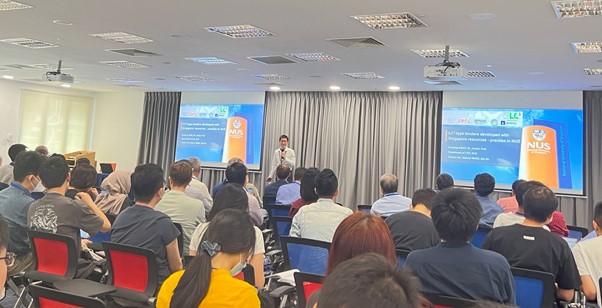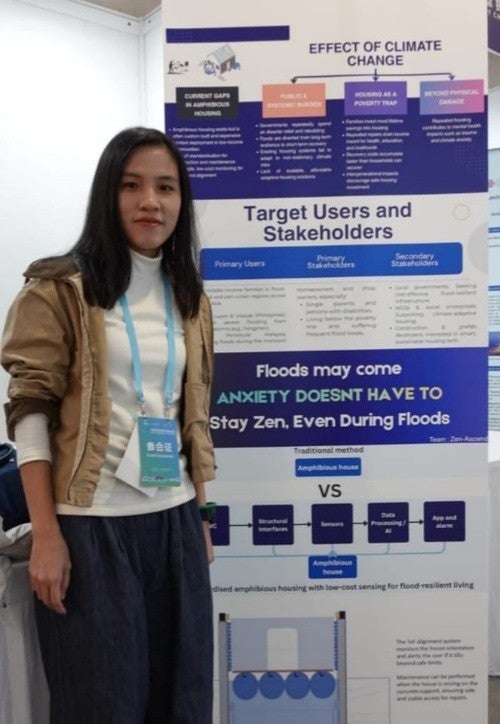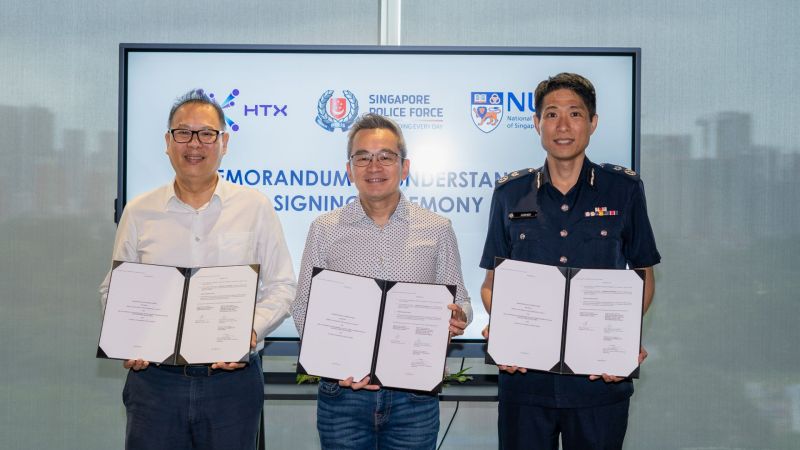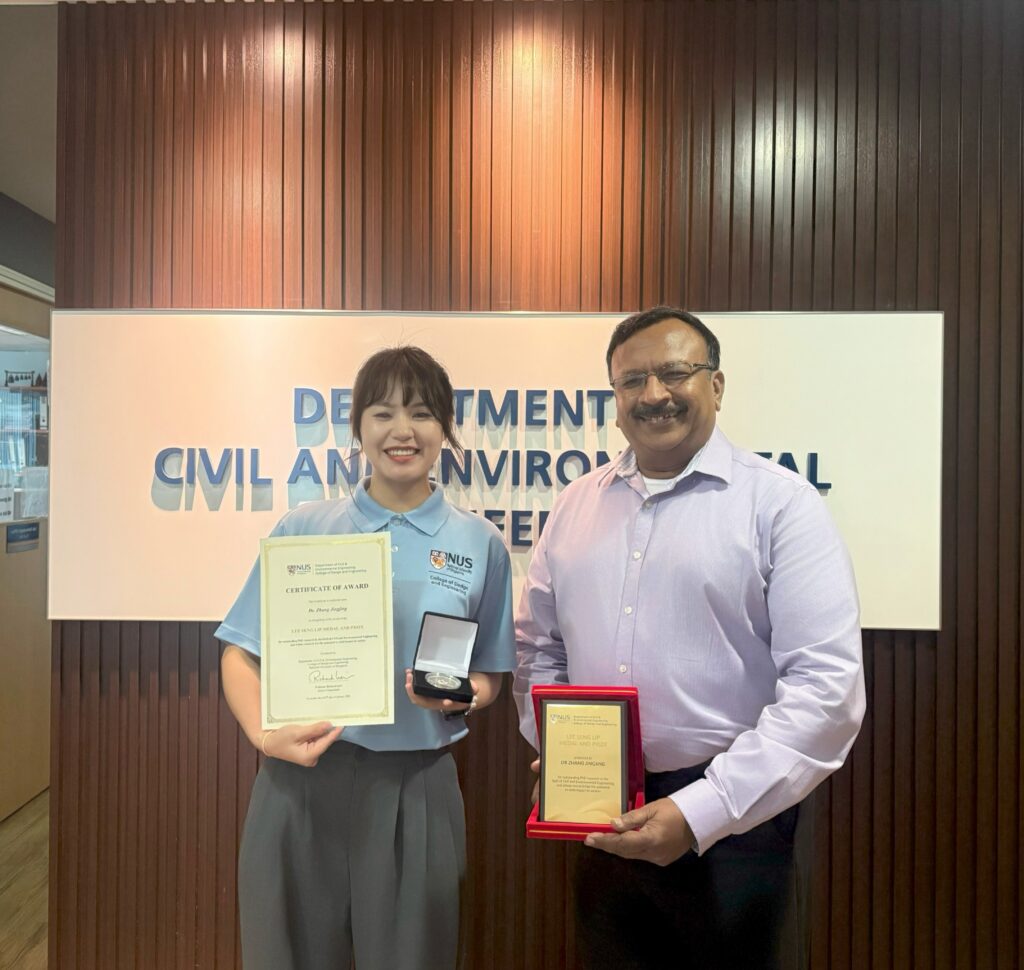Singapore is being upgraded to a greener and smarter city of tomorrow. Its construction sector, though very active, faces many challenges. For example, the construction materials consumed in Singapore account for 7 million tons of CO2-emissions per year, out of 52 million tons for the whole country. The generated earth-based wastes such as marine soft clay demand space for disposal. The durability of reinforced structure is threatened by the changing tropical climate.
On August 30th, the Centre for Advanced Materials and Structures in CEE of NUS organized a seminar on a novel material solution tailored for Singapore development. This cementitious material, namely LC3 (limestone calcine clay cement), can reduce the demand of ordinary portland cement through upcycling the local marine clay and construction waste. This material has equal strength as ordinary portland cement, but a halved embodied carbon and an enhanced durability in marine environment. Nearly 100 participants from local construction industry, concrete institutes, academia and public agencies participated in the seminar. There was a vibrant discussion on the pathways of implementing LC3 in Singapore construction practice.
The event was organized in joint effort with pioneer researchers from EPFL (Prof. Karen Scrivener) and IIT Delhi (Prof. Shashank Bishnoi). See more details at https://lc3.ch/event/lc3-info-day-singapore/.





